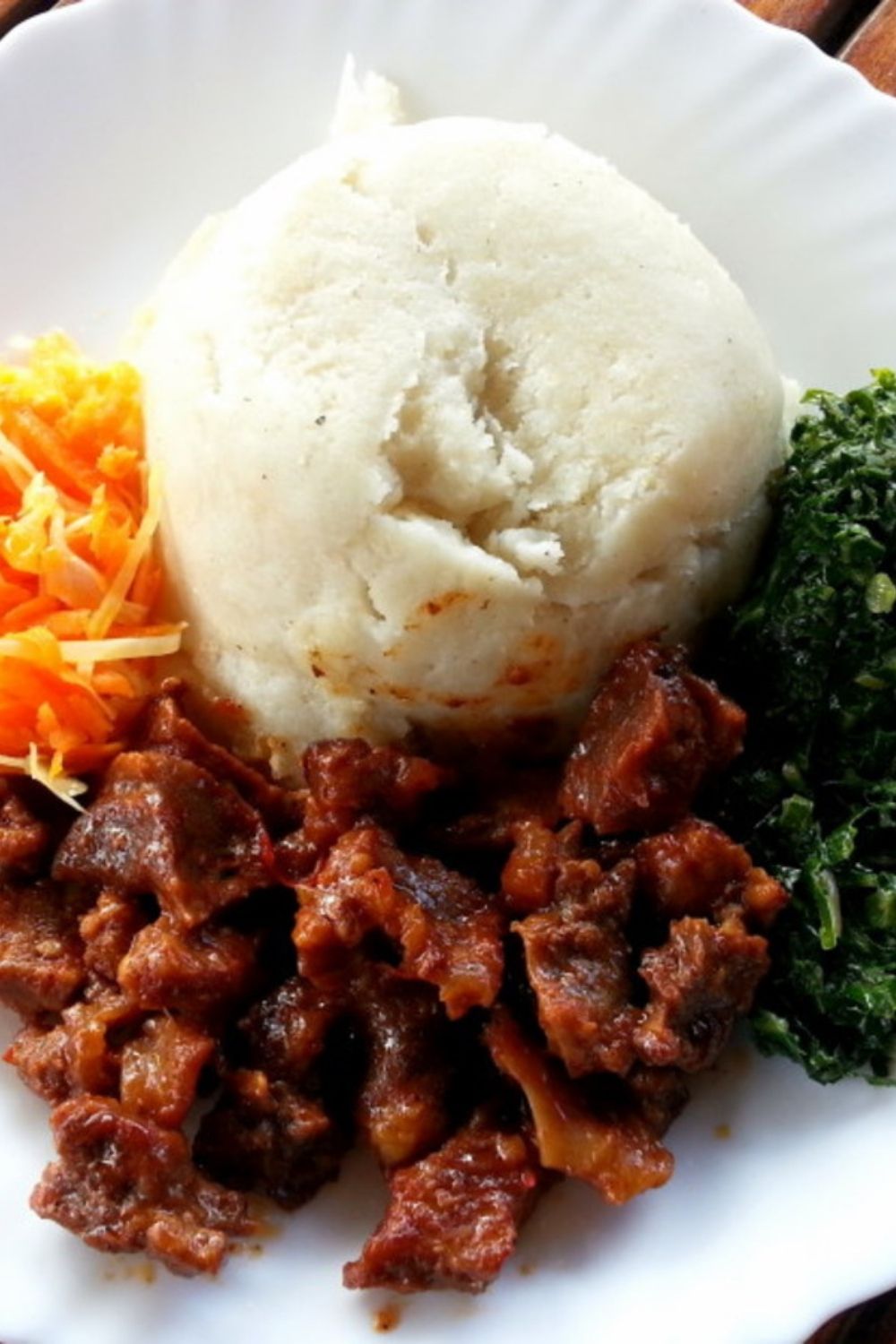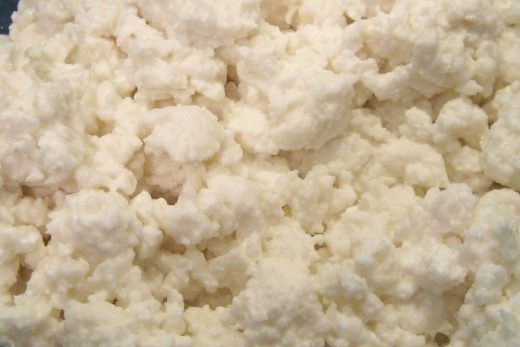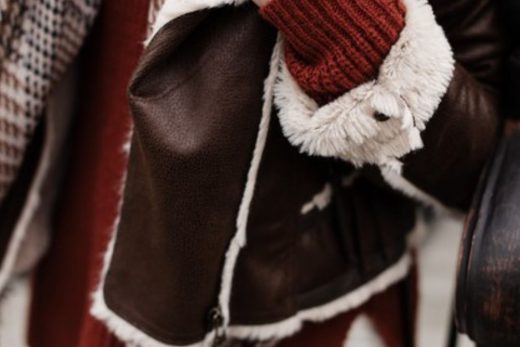Now, things are different. Now, Nairobi is shut down because of COVID-19. Travel in and out of the city is banned, and there’s a countrywide curfew from dusk to dawn. Social distancing regulations announced by the government early during Kenya’s infection mean that restaurants and eateries remain closed, unless they meet stringent health requirements.
Mutura, mara, smokies, and other Kenyan street foods rely on very strict market bases: First, they rely on the evening crowd, people on their way home from work, who buy them before they get back to the house for their real food; then, they rely on the folks out drinking, saa za ulevi (when people are drinking), which is why a lot of mutura is usually sold near bars. The curfew in effect in Kenya means that mutura sellers have a window of an hour, maybe two, in which to sell off their stock. This, coupled with the fact that people are rushing to get home, means that for many mutura sellers, it isn’t worth the risk.





